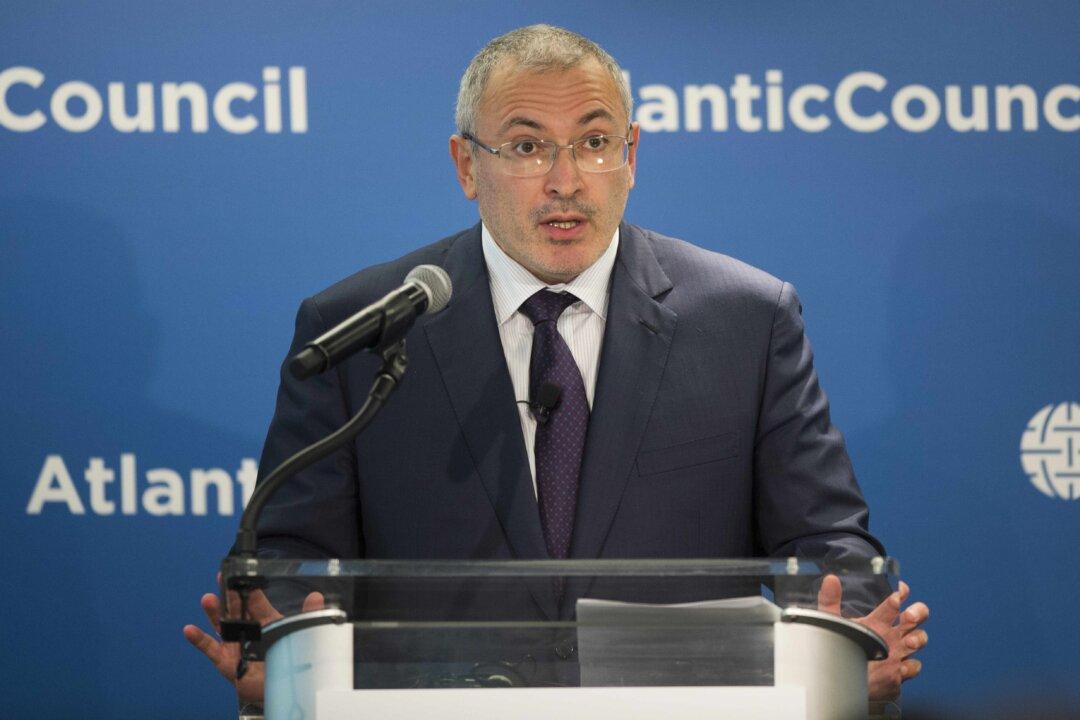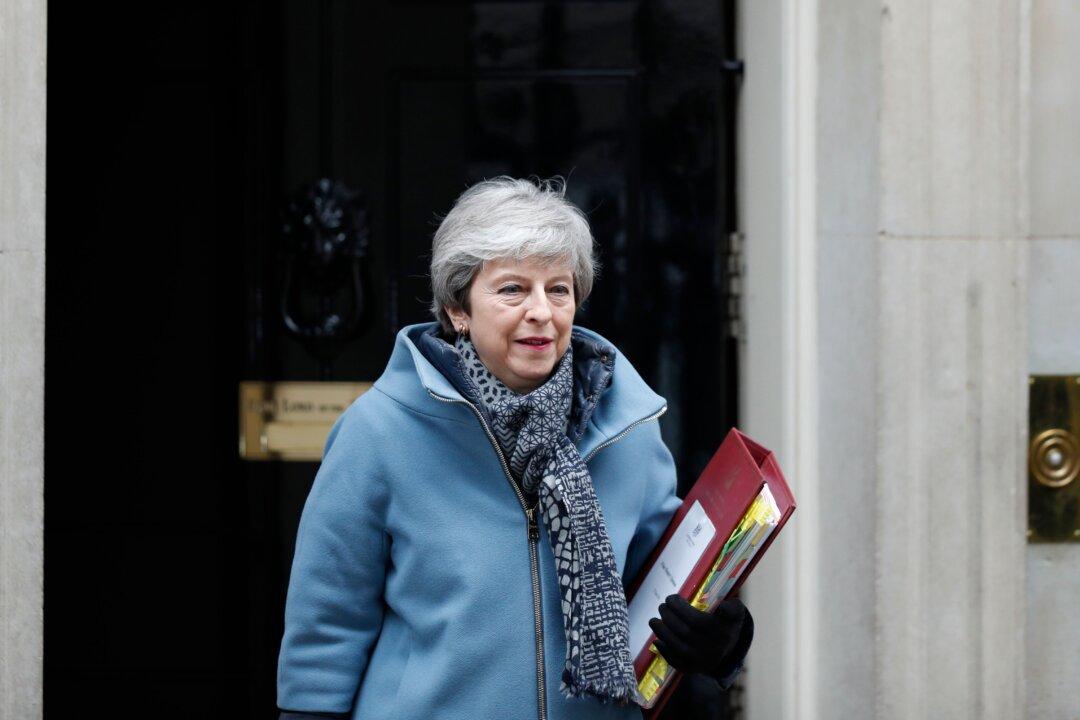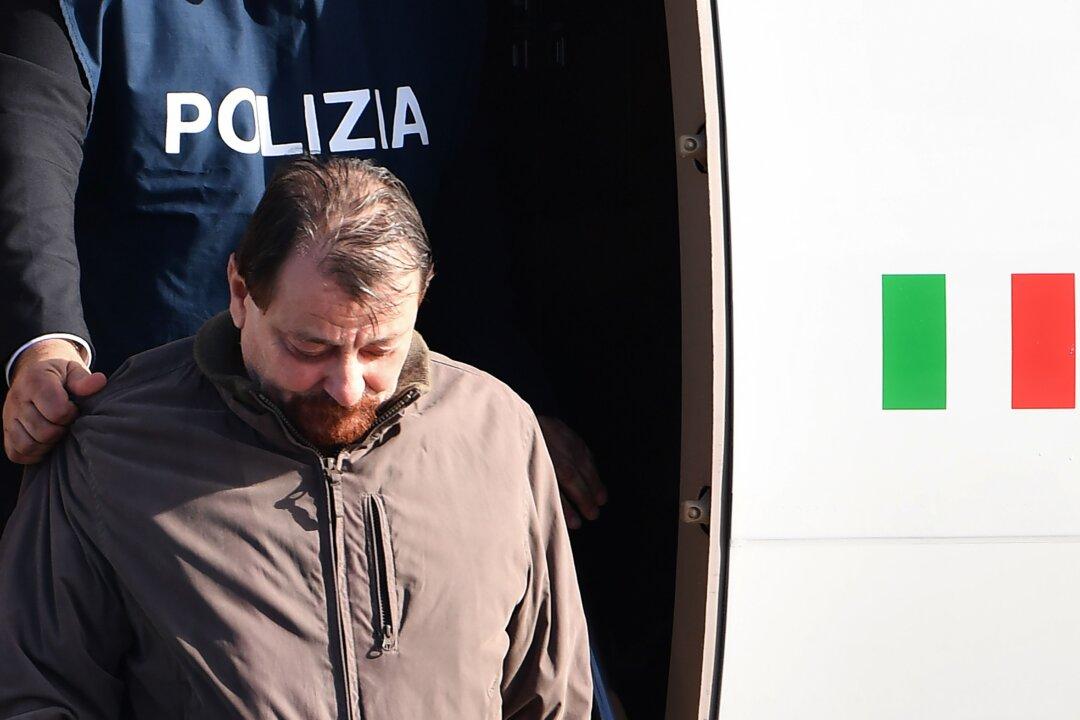LONDON—As many as half of the Russians living in London may be informants for the Kremlin, expatriates fear.
A new report, endorsed by the ex-head of MI6, says that “anywhere between a quarter and a half of Russian expats were, or have been, informants.” There are around 150,000 Russians living in the UK’s capital city.




